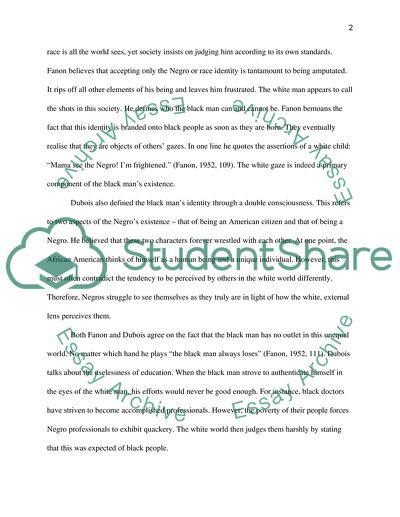Cite this document
(“Double Consciousness and Triple Person Essay Example | Topics and Well Written Essays - 1250 words”, n.d.)
Double Consciousness and Triple Person Essay Example | Topics and Well Written Essays - 1250 words. Retrieved from https://studentshare.org/philosophy/1642044-double-consciousness-and-triple-person
Double Consciousness and Triple Person Essay Example | Topics and Well Written Essays - 1250 words. Retrieved from https://studentshare.org/philosophy/1642044-double-consciousness-and-triple-person
(Double Consciousness and Triple Person Essay Example | Topics and Well Written Essays - 1250 Words)
Double Consciousness and Triple Person Essay Example | Topics and Well Written Essays - 1250 Words. https://studentshare.org/philosophy/1642044-double-consciousness-and-triple-person.
Double Consciousness and Triple Person Essay Example | Topics and Well Written Essays - 1250 Words. https://studentshare.org/philosophy/1642044-double-consciousness-and-triple-person.
“Double Consciousness and Triple Person Essay Example | Topics and Well Written Essays - 1250 Words”, n.d. https://studentshare.org/philosophy/1642044-double-consciousness-and-triple-person.


